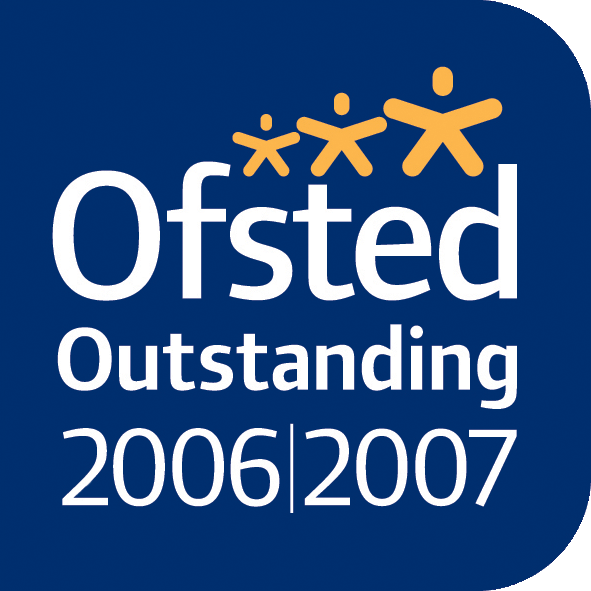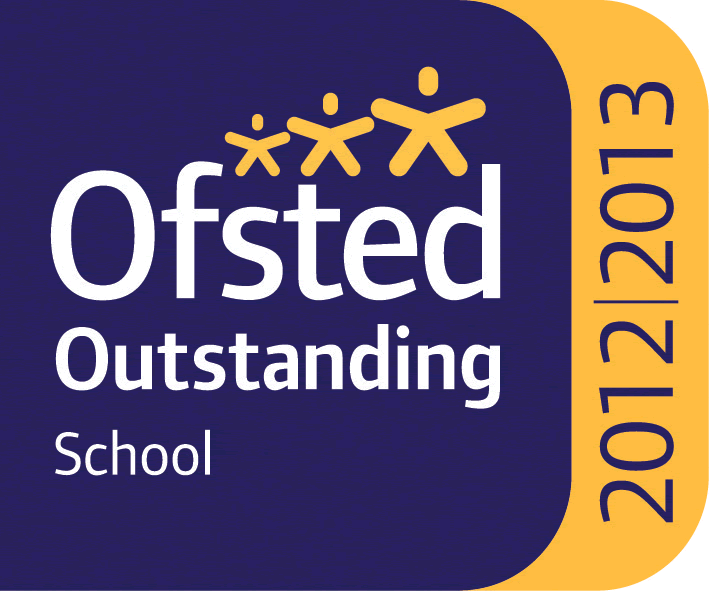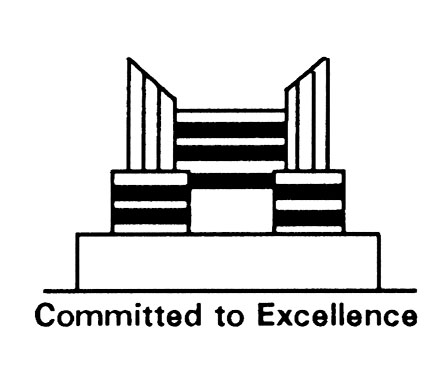OCR Cambridge National IT (J836)
Assessment Details
R050: Pre-production Skills
R060: Creating Digital Graphics
R070: Creating a Multipage Website
Course Information
UNIT R050: Pre-production Skills
Overview of content
The IT industry is vast and provides work for a wide range of people across sectors, from those working as freelance IT consultants, right through to those in large or specialist IT teams in multinational companies. Job roles frequently overlap across multiple sectors as there are common aspects to inputs, processing and outputs of IT systems which can be used in many ways, from supporting the planning, designing and implementation of services or products to enhancing our daily lives in the digital world. In this unit pupils will learn the theoretical knowledge and understanding to apply design tools for applications, principles of human computer interfaces and the use of data and testing in different contexts when creating IT solutions or products. They will understand the uses of Internet of Everything and the application of this in everyday life, cyber-security and legislations related to the use of IT systems, and the different types of digital communications software, devices, and distribution channels.
Overview of assessment
During the exam, students will be expected to demonstrate their understanding through questions that require the skills of analysis and evaluation in particular contexts. This unit is assessed by an exam. The exam is 1 hour and 30 minutes and will be set and marked by OCR. This represents 40% of the final mark.
The exam has two sections – Section A and Section B.
-
Section A has 15 marks
-
Section B has 55 marks
-
The exam has 70 marks in total
UNIT R060: Data manipulation using spreadsheets
Overview of content
Data manipulation is an important part of many job roles, supporting development and growth in different sectors. Businesses in different sectors such as IT, finance, retail, hospitality, education and government all manipulate data for different purposes. Spreadsheet applications are commonly used to create input, processing and output solutions which manipulate data.
In this unit pupils will learn the skills to be able to plan and design a spreadsheet solution to meet client requirements. They will be able to use a range of tools and techniques to create a spreadsheet solution based on their design, which they will test. Pupils will be able to evaluate their solution based on the user requirements.
Overview of assessment
Students must complete a controlled assessment task provided by OCR.
Marking of the task is carried out by the teachers and moderated by OCR against set assessment criteria. This represents 30% of the final mark.
UNIT R070: Using Augmented Reality to present information
Overview of content
Augmented Reality (AR) has made it possible to present information so that users can see more detail in items/ products with 2D or 3D images and can place the item digitally in their surroundings. AR provides increased engagement, interaction and a richer user experience. Businesses in different sectors such as IT, architecture, retail and hospitality, education and government are presenting information and/or products in a digital world using a range of digital devices.
Augmented Reality software development kits (SDK) are used to create the AR product for different contexts. In this unit pupils will learn the basics of Augmented Reality (AR) and the creation of a model prototype product to showcase how it can be used appropriately for a defined target audience to present information. Pupils will also learn the purpose, use and types of AR in different contexts and how they are used on different digital devices. They will develop the skills to be able to design and create an AR model prototype, using a range of tools and techniques. Pupils will also be able to test and review your AR model prototype.
Overview of assessment
Students must complete a controlled assessment task provided by OCR.
Marking of the task is carried out by teachers and moderated by OCR against set assessment criteria. This represents 30% of the final mark.
Steps to Success in Cambridge Nationals in IT:
-
Ask your teacher for help if you are having problems mastering a specific ICT skill.
-
Attend after school ICT clubs to develop your skills.
-
Read each task carefully. Be clear of the marking criteria as you will not be awarded marks for completing tasks which are not stated as required.
-
Be clear about 'who, why, what, where' the tasks will be used for. Marks are also awarded for sense of audience and purpose.
-
In any piece of coursework make sure it is your best work. Show off your skills!
-
Keep your coursework portfolio up-to-date and in the correct order. Add the correct information to each page.
-
Never delete any work. If you run out of disk space remove duplicate files and clean out your email folder.
-
All the work you submit in your e-portfolio should follow the laws of copyright. All materials used in your project should be listed in your reference table.
OCR Cambridge Nationals in IT Speciation
https://www.ocr.org.uk/Images/610951-specification-cambridge-nationals-it-j836.pdf




